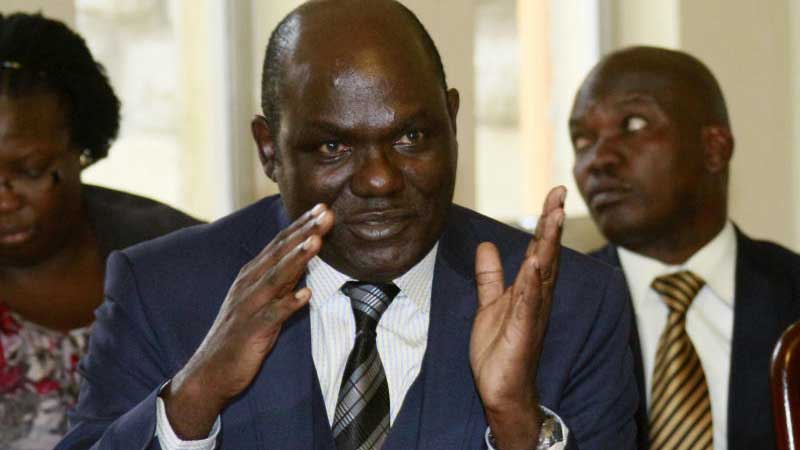×
The Standard e-Paper
Fearless, Trusted News

The besieged Electoral agency is facing challenges in commencing the boundaries review ahead of the National Census next year and the 2022 polls.
This is because the three commissioners resigned in April this year from the Independent Electoral and Boundaries Commission (IEBC) making it difficult for the remaining three to have a plenary.